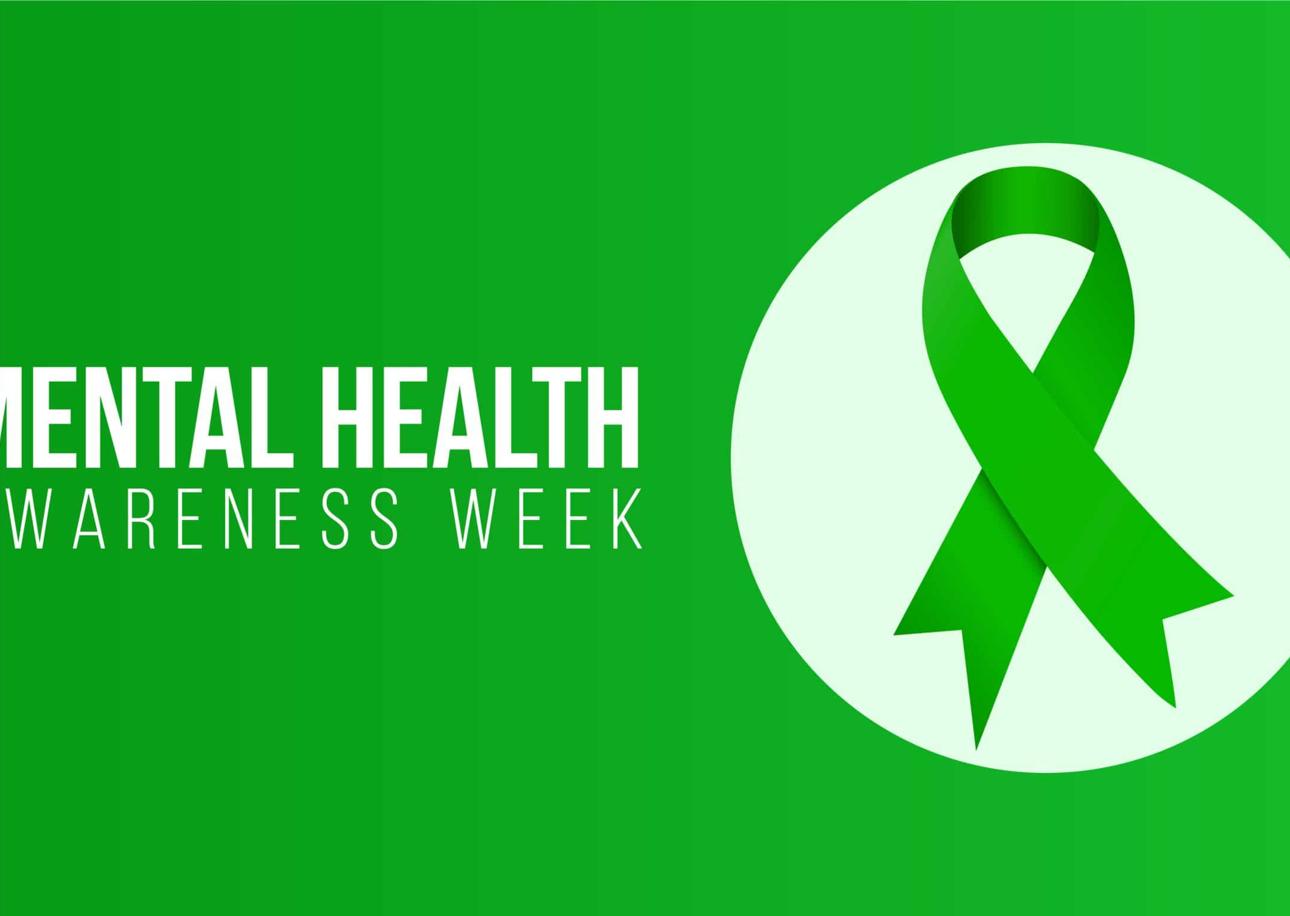Gentlemen’s Guide: Bangkok’s 5 Best Barber Shops
These top 5 barber shops in Bangkok are where gentlemen can elevate ...

Our emotional and mental wellbeing is so important. It determines how we feel about ourselves, how we handle stress, the quality of our relationships, and even how we make decisions. Many factors contribute to mental health issues—such as trauma, family history of mental health problems, or biological factors like brain chemistry.
The annual Mental Health Awareness Week in the UK highlights ways to improve our emotional and mental wellbeing, and shines a light on the small actions we can all take to keep a handle on our own situations. The theme this year is loneliness, which can be both the driver for—and a product of—poor mental health. We all experience loneliness from time to time, but the pandemic concentrated these feelings in a broader section of the global population.
Here are a few steps you can take to combat mental health problems alone, and with those around you:
Sometimes it’s best to disconnect from the digital world. Meet up with a close friend or family member for a fun day without alerts and interruptions. Meeting someone face-to-face can be the best mood booster.
Talking about your feelings is a big part of staying healthy, and it is certainly not a sign of weakness. Just having someone listen to your troubles can make a big difference, leaving you feeling supported and less alone.
Regular exercise can help you sleep, concentrate, and feel better in general. Staying active benefits both your physical and mental health.
Find an activity you’re good at or enjoy doing, whether it’s painting or playing an instrument, and just do it. Plunging into something you love doing is a great way to unwind and relieve stress.
My personal favorite. Spending time with pets is the number one stress reliever. Research has shown spending time with animals has both physical and mental benefits. It lowers blood pressure and the heart rate, increases immune function, decreases feelings of loneliness, and boosts oxytocin—the happy hormone.
Easier said than done, but focusing on the present moment and practicing mindfulness can help reduce symptoms of anxiety and depression.
Taking time to relax or contemplate is a must for good mental health—even if you plan to do nothing.
Keep reminding yourself that everyone is different and unique in their own way. Learning to accept yourself, and feeling good about yourself, is essential. A good sense of self esteem keeps you healthy, and helps you cope in difficult times.
If you or someone you know needs support, make sure to get help. Here are a few resources:
The Samaritans of Thailand, an English hotline for when you’re feeling depressed, lonely, or suicidal—with access to staff who are trained in suicide prevention.
Bangkok Hospital has mental health services and facilities for counseling, day programs, outpatient services, and inpatient care.
Manarom Hospital, the leading private hospital that specializes in mental and behavioral healthcare in Thailand.
New Counseling Service (NCS), a fully licensed counseling center that has been operating for over 20 years providing support across a wide range of mental health issues including anxiety, depression, and grief counseling.
These top 5 barber shops in Bangkok are where gentlemen can elevate ...
Wandering around the globe, try out the signature tastes of cultures across ...
We asked Thai actresses and got real stars, fictional heroes and everything ...
Pets, as cherished members of our families, deserve rights and protections that ...
Sailorr and Molly Santana’s black grills fuse hip-hop swagger with homage to ...
VERY THAI: In this regular column, author Philip Cornwel-Smith explores popular culture and topics ...
Wee use cookies to deliver your best experience on our website. By using our website, you consent to our cookies in accordance with our cookies policy and privacy policy